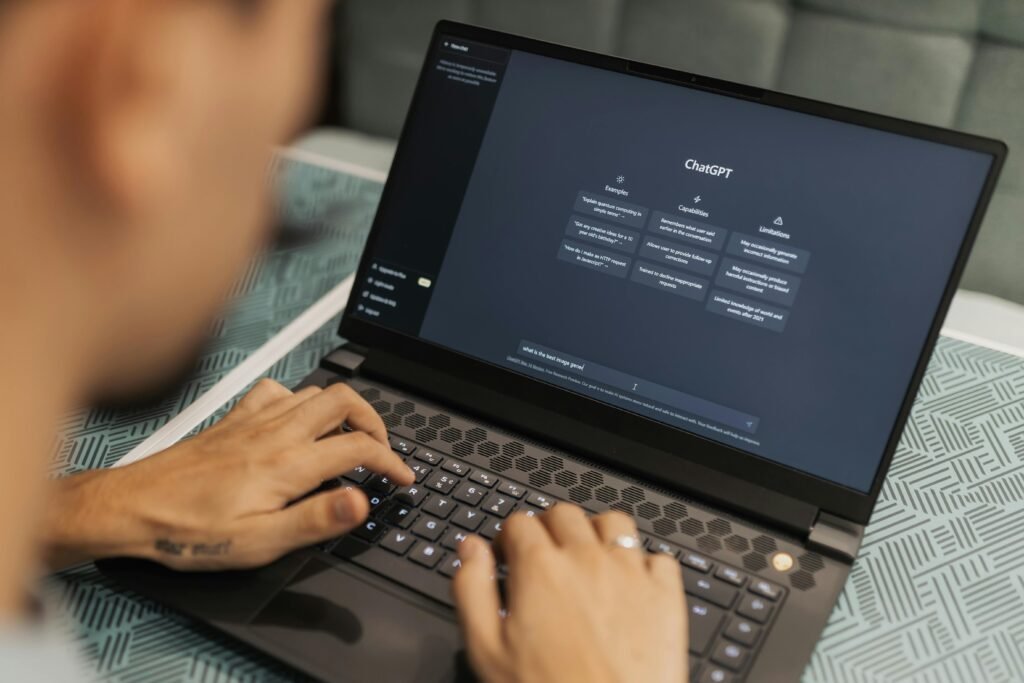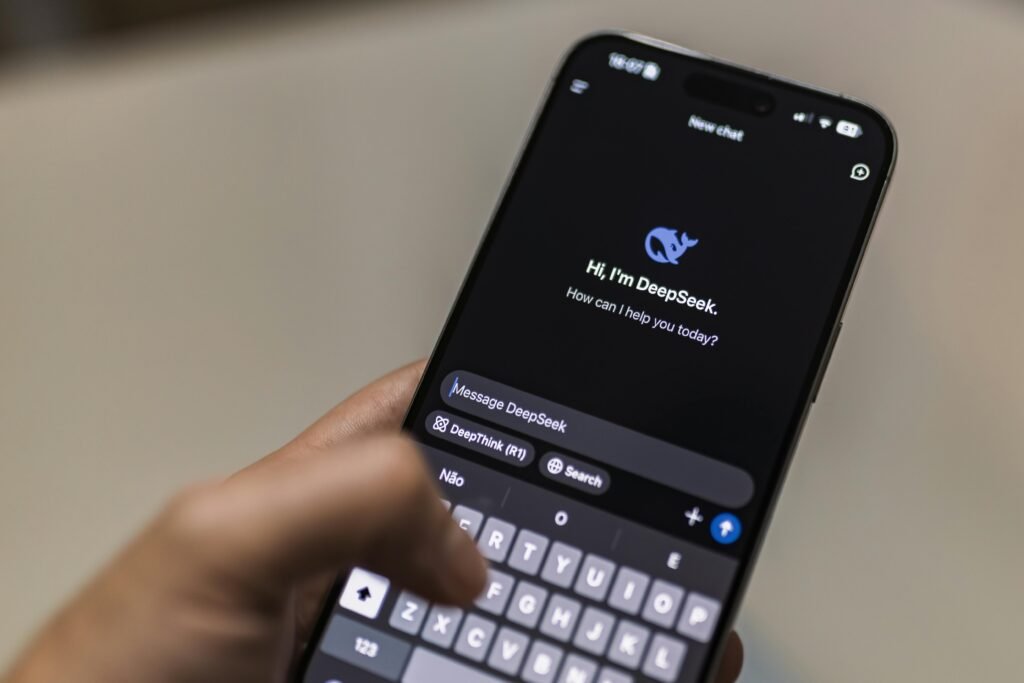The Rise of AI in Tech Interviews: How Hiring is Evolving
The integration of artificial intelligence (AI) into tech interviews has transformed the hiring process for software engineers. Companies now leverage AI-driven tools to streamline candidate evaluations, making assessments faster, more objective, and data-driven.
Recruiters once spent countless hours manually reviewing applications. Today, AI systems efficiently filter candidates based on specific skill sets, qualifications, and test results. This shift not only improves hiring efficiency but also aims to reduce unconscious bias in technical assessments. By relying on AI-powered pre-screening tools, automated coding tests, and chatbot-led interviews, companies ensure a standardized, scalable recruitment process.
For job seekers, this new AI-driven landscape means they must prepare for algorithmic assessments, natural language processing (NLP)-powered interview questions, and automated skill evaluations. Candidates who understand how these tools work—and how to optimize their performance within them—will have a significant advantage over their peers.

AI-Powered Hiring: What to Expect
- Automated Coding Assessments
- Platforms like HackerRank and CodeSignal evaluate coding skills in real-time.
- Solutions are scored instantly based on efficiency, correctness, and execution time.
- AI-Led Digital Interviews
- Some companies use NLP algorithms to analyze candidate responses in recorded interviews.
- AI assesses clarity, relevance, and even emotional tone.
- Skill-Based AI Screening
- AI-powered platforms scan GitHub repositories, past projects, and online profiles to assess technical proficiency.
To stand out in AI-driven interviews, candidates must adapt to these evolving methods and refine both their technical and strategic preparation.
Key Skills for Navigating AI-Driven Interviews
Success in AI-powered hiring processes requires a well-rounded skill set, spanning both technical expertise and soft skills.
1. Mastering Coding & Algorithms
Proficiency in languages like Python, Java, and C++ remains crucial, but strong problem-solving skills are even more important. AI-driven assessments emphasize:
- Data structures & algorithms (e.g., graphs, dynamic programming, recursion)
- System design fundamentals (e.g., microservices, caching, scaling strategies)
- Optimized coding solutions, since AI models score submissions based on performance
2. Understanding AI & Machine Learning
As AI transforms software development, companies value candidates who understand AI tools. To stay ahead:
- Learn the basics of machine learning, neural networks, and AI ethics
- Get hands-on experience with TensorFlow, PyTorch, and OpenAI APIs
- Be prepared to discuss AI applications in real-world tech solutions during interviews
3. Strengthening Soft Skills
Even in AI-driven interviews, human qualities matter. Employers seek candidates who:
- Communicate clearly—explaining ideas effectively is key, even in technical interviews
- Collaborate well—many companies assess teamwork through pair programming challenges
- Think critically—problem-solving under pressure is often tested in coding assessments
By developing both technical depth and strong communication skills, software engineers position themselves as ideal candidates in an AI-powered hiring landscape.

Preparing for AI-Enhanced Technical Assessments
To excel in AI-driven technical interviews, candidates must strategically prepare for coding challenges, system design problems, and AI-influenced evaluations.
1. Practicing AI-Powered Coding Challenges
- Use platforms like LeetCode, CodeSignal, and HackerRank
- Work on time-efficient solutions, as AI scoring favors optimized performance
- Focus on real-world applications of algorithms, since AI-powered hiring favors practicality over theory
2. Mastering System Design Concepts
For mid-to-senior-level roles, AI-enhanced hiring assessments often include system design problems:
- Understand scalability, cloud architecture, and API design
- Study real-world case studies (e.g., how Netflix scales microservices)
- Read “Designing Data-Intensive Applications” for advanced system concepts
3. Learning AI Tools & Applications
- Familiarize yourself with AI-powered development tools like Copilot, Tabnine, and LangChain
- Build a small AI project to demonstrate real-world experience
- Highlight AI integration in past projects or technical discussions during interviews
A well-rounded approach—balancing technical preparation with AI adaptability—ensures candidates perform confidently in AI-driven technical assessments.

Leveraging AI for Smarter Interview Preparation
As AI reshapes the hiring process, job seekers can use AI tools to their advantage. Today’s software engineers don’t just compete against other candidates—they compete against AI-driven hiring models.
1. AI-Powered Coding Assistants
- Leverage AI-based platforms (e.g., LeetCode’s AI coach, CodeSignal AI reviews)
- Use GPT-powered code analyzers to get instant feedback on problem-solving approaches
- Improve debugging efficiency using AI-powered pair-programming tools
2. AI-Led Mock Interviews
- Platforms like Interviewing.io, Pramp, and Karat simulate real-world technical interviews
- AI-driven feedback provides insights on coding style, problem-solving speed, and clarity
- Repeated AI-led practice improves confidence and adaptability
3. Personalized AI Study Plans
- AI-powered learning tools (e.g., Exercism.io, DataCamp) adapt to individual weaknesses
- AI-driven flashcards (like Quizlet AI) help reinforce key technical concepts
- Smart algorithms track progress and recommend targeted practice sessions
While AI enhances interview preparation, human elements remain crucial—employers seek authenticity, curiosity, and adaptability, not just technical prowess.

Final Thoughts: Thriving in an AI-Powered Hiring Era
The rise of AI in tech interviews is inevitable, but software engineers who embrace these changes will gain a competitive edge.
Adapt to AI-driven assessments—understand how AI evaluates coding challenges & problem-solving skills
Sharpen AI expertise—learning machine learning fundamentals enhances career growth
Master system design & coding efficiency—AI prefers optimized, scalable solutions
Leverage AI tools for preparation—use mock interview platforms & smart learning assistants
Balance AI efficiency with human skills—clear communication & problem-solving remain critical
By integrating AI knowledge into interview strategies, candidates position themselves as future-proof engineers in a rapidly evolving tech landscape.

